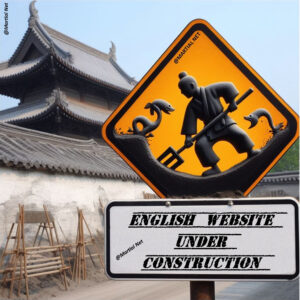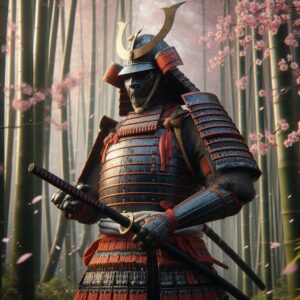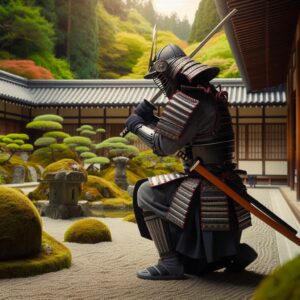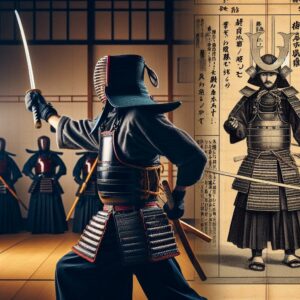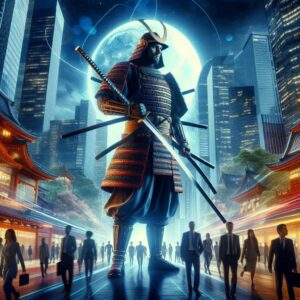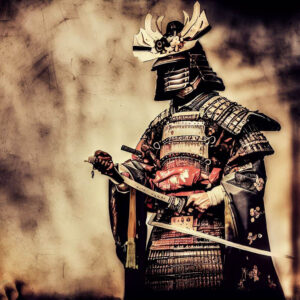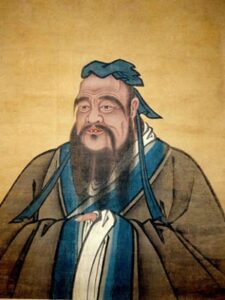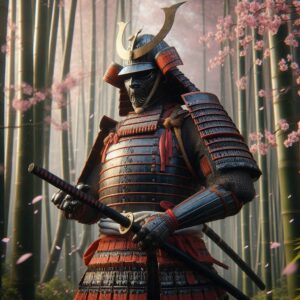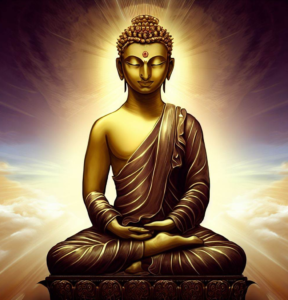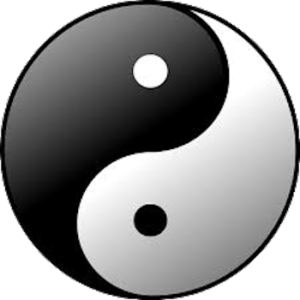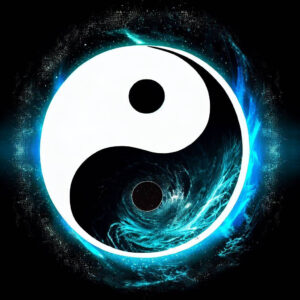Bushido: The Way of the Warrior
The Principles, Values, and Influence of the Samurai Code
Bushido, known as “The Way of the Warrior,” is the ethical and moral code that guided the lives of samurai. Developed between the 10th and 12th centuries, Bushido was a set of principles that emphasized honor, loyalty, courage, compassion, rectitude, and other virtues. This code was not merely a set of rules for battle conduct but a true philosophy of life that influenced every aspect of a samurai’s existence. Bushido reflected the military and social demands of the time, but its principles continue to resonate in contemporary Japanese culture and martial arts.
The Fundamental Principles of Bushido
Bushido is grounded in a set of fundamental principles that guided the samurai’s behavior and life. These principles were not merely rules for combat but values that permeated every aspect of their existence. Here are the primary ones:
- Rectitude (義, Gi): Rectitude is the cornerstone of Bushido. A samurai must have a strong sense of what is right and just, and must act with integrity in all circumstances.
- Courage (勇, Yū): Courage is not merely facing danger but also being honest and keeping one’s word in the face of adversity.
- Benevolence (仁, Jin): Benevolence is a crucial element of Bushido. Samurai must show kindness and compassion toward all living beings.
- Respect (礼, Rei): Respect for others is fundamental. Samurai must treat everyone with dignity and courtesy, regardless of their social standing.
- Honesty (誠, Makoto): Honesty and sincerity are essential. Samurai must be true in their words and actions.
- Honor (名誉, Meiyo): Honor is the foundation of a samurai’s existence. Maintaining one’s honor is more important than life itself.
- Loyalty (忠義, Chūgi): Loyalty to one’s lord, family, and friends is indispensable. A samurai must be loyal to the end.
Practices and Discipline of Bushido
Bushido was not merely a set of abstract principles; it demanded constant practice and rigorous discipline. Samurai had to train daily in martial arts, perfecting their skills with the sword, bow, and other weapons. Physical discipline was accompanied by rigorous mental and spiritual self-discipline. Zen meditation, for instance, was a common practice among samurai, used to develop concentration, inner calm, and mindfulness.
Beyond military training, samurai also had to dedicate themselves to the study of arts and letters. Calligraphy, poetry, and painting were considered noble pursuits that contributed to the formation of a well-rounded and cultured warrior. This balance between martial skills and intellectual and artistic cultivation reflected the ideal of the samurai as a complete man, capable of facing both war and peace with dignity and wisdom.
Influence of Bushido on Japanese Society
Bushido has had a profound and lasting impact on Japanese society, shaping not only the conduct of samurai but also the social norms and cultural values of Japan. During periods of peace, such as the Edo period (1603-1868), the principles of Bushido were integrated into administrative practices and educational systems, promoting an ethic of public service and personal integrity. Even after the end of the samurai era, the legacy of Bushido continued to influence Japanese culture, permeating aspects such as a sense of duty, corporate loyalty, and work ethic.
Bushido has also influenced traditional Japanese martial arts, such as Kendo (the way of the sword), Kyudo (the way of the bow), and Aikido (the way of harmony of spirit). These disciplines are not merely combat techniques but spiritual paths that embody the principles of Bushido, promoting personal growth and moral perfection.
The concept of honor and personal sacrifice, represented by the samurai, has also resonated in Japan’s modern armed forces, up until World War II. Although some extremist interpretations of Bushido have led to controversial behaviors, the essence of the code remains a source of inspiration and pride for many Japanese people.
Legacy of Bushido in the Modern World
Even in the modern world, Bushido continues to be a source of inspiration and values for many people, both in Japan and abroad. The stories of samurai and the principles of Bushido have been transmitted through literature, cinema, manga, and anime, becoming an integral part of global popular culture. Films such as Akira Kurosawa’s “Seven Samurai” and Tom Cruise’s “The Last Samurai” have brought the figure of the samurai and the values of Bushido to the attention of an international audience.
Moreover, Bushido continues to influence modern Japanese martial arts, such as Kendo, Judo, and Aikido, which are not merely sports, but disciplines that teach self-control, respect, and the pursuit of perfection. These principles also resonate in leadership and business management practices, where integrity, loyalty, and respect are seen as fundamental pillars of success.
Even in the West, many people are drawn to the philosophy of Bushido, seeing it as a way to find balance, discipline, and meaning in daily life. The values of Bushido offer a unique perspective on how to live with honor and courage, facing challenges with dignity and determination.
